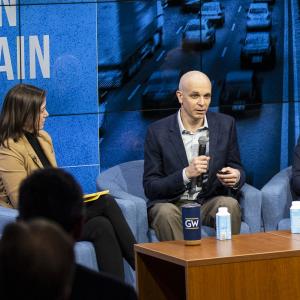Charging Ahead in Uncertain Times
A Look at the Future of Clean Energy and Electric Vehicles in the United StatesJust as Americans seemed to be warming to the idea of a clean-energy economy, the 2024 presidential election highlighted the growing tension and politics of addressing climate change and national security. Our first segment takes stock and examines opportunities for bipartisan action to continue onshoring U.S. manufacturing jobs and competing globally. Introduction Keynote United States of ProgressAcross the United States, critical climate policies are advancing at the state level, setting the pace of progress toward a clean energy economy. The expected influx of federal funding from the Inflation Reduction Act could spur significant progress for clean energy, efficient buildings and electric vehicles, and show at the local level the impact of clean energy jobs. However, Federal funding uncertainties have created turmoil as states and local implementation partners scramble to keep the funding that has been authorized by Congress. This panel explores how states are threading the needle between federal policies, clean energy and transportation, and the economic benefits of welcoming green jobs and manufacturing. Panel Discussion America’s China ChallengeThe U.S. aims to be an economic leader but most of the technology we need comes from China. The Inflation Reduction Act emphasized investments in clean energy—including solar, EV, and battery technologies—by creating incentives for onshoring supply chains and manufacturing jobs. This panel explores the Trump Administration’s choice between tax incentives and tariffs to reduce America’s reliance on products made in China and shore up American competitiveness. Panel Discussion The TakeawaysFireside chat: Mike Murphy, Frank Sesno |
Participants |

Frank Sesno
- Executive Director, GW Alliance for a Sustainable Future
Frank Sesno loves stories. He's been telling them all his life. In high school, through his student newspaper. In college, on the radio. In his 21 years with CNN, through pictures, interviews, and documentaries. As CNN White House correspondent, anchor, and Washington Bureau Chief, Frank reported on events and people from around the world. He witnessed epic challenges and inspiring resilience. He told stories about threats to the planet along with scientific discoveries and breakthroughs driven by human ingenuity.
Frank is now the Director of Strategic Initiatives for the GW's School of Media and Public Affairs (SMPA) and the Executive Director of the George Washington University Alliance for a Sustainable Future. The Alliance is a broad pan-university initiative to amplify the university’s teaching, research, convening and impact relating to global challenges around climate change, environmental justice, and sustainability. Frank was SMPA's Director for 11 years, where he focused on the next generation of storytellers and on the future of journalism in a chaotic world. In 2009, during his tenure as director, he started Planet Forward to both launch the next generation of environmental storytellers and highlight ideas that can be transformative.
Frank's love for the world around us started before college, on horseback in the Colorado Rockies. He rode and camped. He experienced beauty and balance. Which is why today, amid all the challenges we face, Frank believes that the story of how we can move the planet forward is more compelling and more urgent than ever.
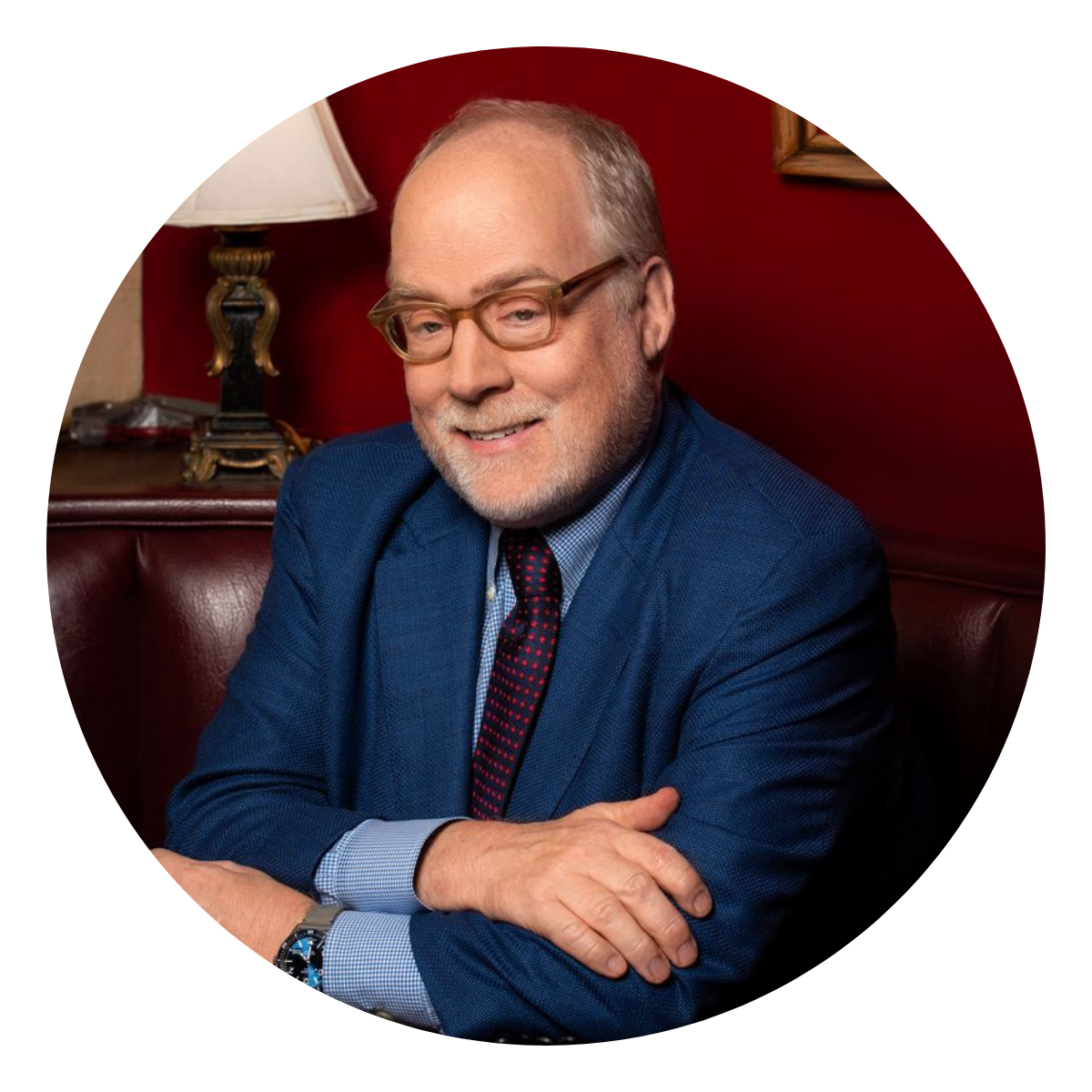
Mike Murphy
- Founder, American EV Jobs Alliance
For the last three decades Murphy has been one of the Republican
Party’s most successful political media consultants, having
handled strategy and advertising for more than 26 successful
gubernatorial and Senatorial campaigns, including successful
gubernatorial campaigns for Mitt Romney, Jeb Bush, Arnold
Schwarzenegger, Christie Whitman (NJ), Tommy Thompson (WI), John Engler (MI), Terry Branstad (IA) along with many other GOP Senators and Members of Congress.
Murphy has worked at a senior level on five GOP Presidential
campaigns, starting with President George H.W. Bush’s successful
Presidential race in 1988. In 2000 Murphy was the lead media
strategist for Sen. John McCain’s “Straight Talk Express” campaign. In 2020 he served as a key strategist for Republican Voters Against Trump.In 2024 Murphy founded the EV Politics Project through the
American EV Jobs Alliance, an advocacy organization focused on helping overcome the growing partisan divide over Electric
Vehicles.Murphy has advised many Fortune 500 corporations, including leading technology, insurance, automotive OEM, and retail companies as well as several prominent Hedge Funds and Trade Associations.
Murphy is also a widely quoted media pundit. He co-hosts the popular podcast “Hacks on Tap” with his longtime friend
Democratic consultant David Axelrod; their podcast has generated over 15 million downloads since they started. Murphy has written for the New York Times, Washington Post, LA Times, NY Daily News
and the Bulwark. He’s been a longtime senior analyst for NBC
News.Murphy serves as co-director of the Center for the Political Future
at USC and was a longtime senior fellow at Harvard’s Belfer Center for Science and International Affairs. Recently, he’s lectured at USC, Oxford, Dartmouth Tuck and the Harvard Business School.Murphy also works as a writer and producer in the entertainment
industry with projects at HBO, CBS and 20th Century Fox Studios. In 2021 he wrote and created the CBS network pilot “Ways & Means” starring Patrick Dempsey.Murphy was born in Detroit, Michigan and attended the Walsh
School of Foreign Service at Georgetown University. He lives with his wife Tiffany and daughter Audrey in Los Angeles. He is on Twitter/X at @murphymike.

Katherine Garcia
- Director, Clean Transportation for All campaign, Sierra Club
Katherine Garcia is the Director of the Sierra Club’s Clean Transportation for All Campaign. Her team is focused on federal, state and local advocacy to protect public health and improve air quality by reducing emissions from the transportation sector. Prior to joining the Sierra Club’s national campaign in 2020, Katherine was a clean transportation advocate at the Sierra Club California Chapter, where she urged the California Air Resources Board and the state legislature to adopt bold policies. Katherine currently serves on the National Center for Sustainable Transportation Leadership Council and she is a Board Director for the League of American Bicyclists and Evergreen Action. Katherine earned her Master of Public Administration from Baruch College in New York City and BA in Communication at the University of California, Santa Barbara. She is based in Washington, DC.

Artealia Gilliard
- Head of Sustainability Communications and Advocacy at Ford Motor Company, Senior Fellow, GW Alliance for a Sustainable Future
At Ford Motor Company, Artealia leads sustainability communications and advocacy, supporting Ford’s global efforts to achieve carbon neutrality by 2050 through investments in electric vehicles and renewable energy. She works to create new opportunities for impact through education, policy engagement and partnerships.
Artealia is a strategic and collaborative executive leader with proven experience driving policy, communication and engagement strategies on issues that matter to Americans - energy, transportation, jobs, safety and the environment. She is a change maker who develops and implements transformative policy initiatives, building diverse communities of practice in the process.
Before joining Ford, Artealia served as Director of Communications and Digital Media at Columbia’s University Center on Global Energy Policy and as part of the leadership team that launched Columbia University’s new Climate School. Prior to that, Artealia was a senior executive in the Obama Administration where she served as Deputy Assistant Secretary of Transportation Policy at the Department of Transportation. She led communications, public engagement, and legislative strategy for the Department’s energy and environment portfolio.
Artealia earned a Master of Science in Communications Management from Syracuse University and a Bachelor of Science in Communication from the University of Texas at San Antonio. She serves as the inaugural Sustainable Future Fellow at George Washington University’s Alliance for a Sustainable Future and on the advisory board for the Sustainability Career and Technical Education program at Santa Monica College.
Artealia lives in Brooklyn, New York. Her son Joseph is a senior at Brooklyn College.

Michael King
- Assistant Director of Electrification and Energy, Colorado Department of Transportation
Michael King is the Assistant Director of Electrification & Energy for the Colorado Department of Transportation’s Office of Innovative Mobility. In this role he specializes in program and policy development for vehicle electrification, alternative fuels, and other emerging transportation technologies.
His current focus areas include the expansion of the statewide DC fast-charging network via the National EV Infrastructure (NEVI) program, the integration of zero-emission vehicles into transit agency fleets through the state’s Clean Transit Enterprise, and support for the transition of medium- and heavy-duty vehicle fleets to zero emission options under the Colorado Clean Truck Strategy.

Deanne Millison
- Senior Director of Manufacturing Policy, Ford Motor Company
Deanne Millison is a senior law and public policy professional with 13 years of experience in the private and public sector. She is currently the Director of Manufacturing Policy at Ford Motor Company.
Most recently, Deanne served as the Chief Economic Advisor for Vice President Kamala Harris, serving as a primary advisor on economic policy issues and liaison with the National Economic Council on a portfolio of issues that ranged from macroeconomic analysis, domestic manufacturing efforts, small business growth and development, international economic issues, and private sector engagement. Among one of the Vice President’s longest serving staffers, prior to working in the Biden-Harris Administration, Deanne served as Legislative Director and Deputy Chief of Staff for then-Senator Kamala Harris, where she was one of a few black women to serve in the role throughout the Senate. In this position, she assisted in
management of both the communications, legislative and state office staff.Prior to returning to Capitol Hill, Deanne served as a Deputy Legislative Director for Mayor Rahm Emanuel for the City of Chicago. In this role, she provided direct counsel to Mayor Emanuel and negotiated directly with elected officials, heads of City Departments, and private sector executives to advance the Mayor Emanuel’s policy agenda. Before transitioning her career to public service, Deanne started her career as an associate at the law firm, Jenner & Block. Deanne is a native of Chicago, IL and earned her bachelor’s degree from Washington University in St. Louis and her J.D from Harvard Law School.
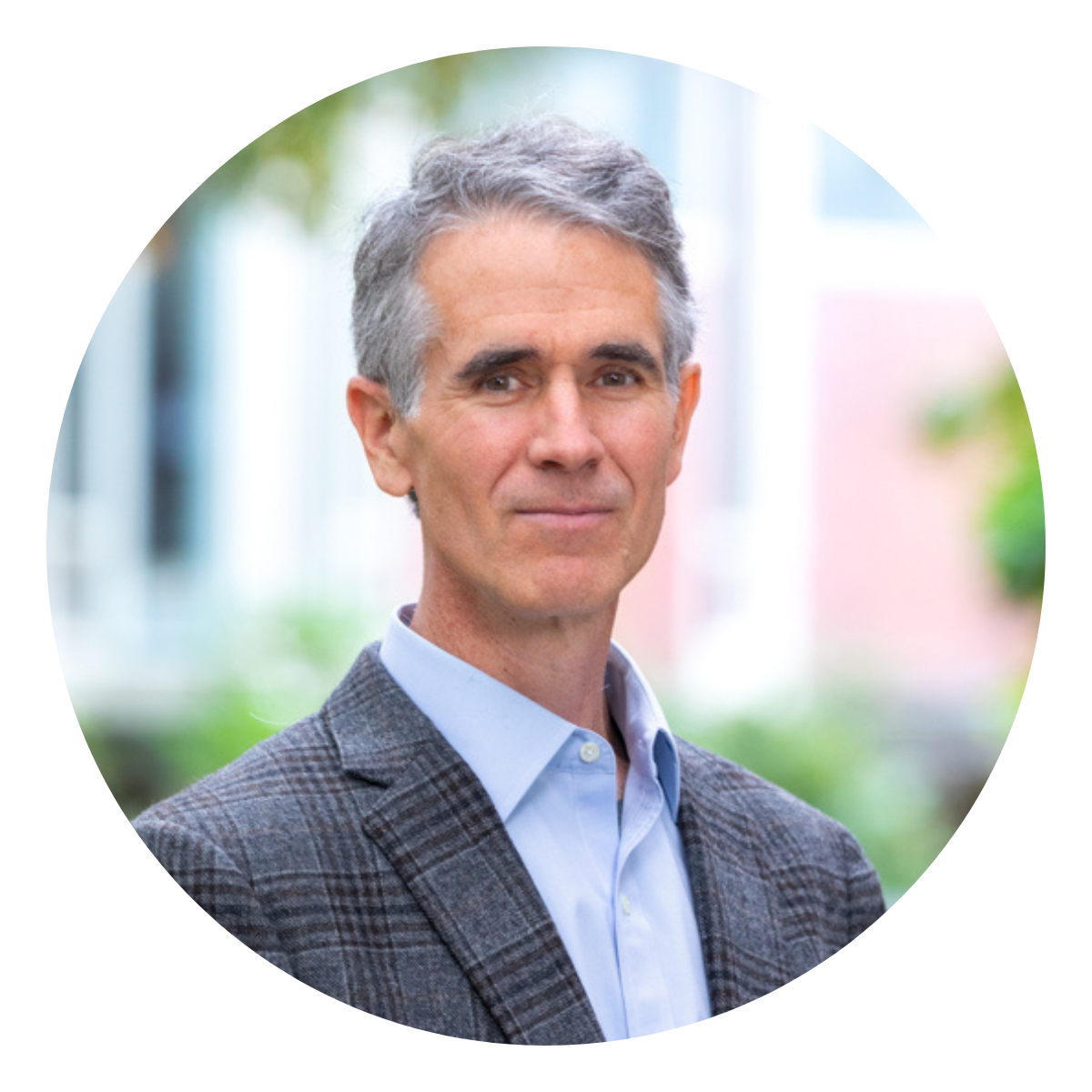
Jay Turner
- William R. Kenan, Jr. Professor of Environmental Studies, Wellesley College
Jay Turner is the William R. Kenan, Jr. Professor of Environmental Studies at Wellesley College. His research focuses on the history of US environmental politics and policy, specifically climate and energy policy.
His most recent book is Charged: A History of Batteries and Lessons for a Clean Energy Future, which won the Glasscock Prize from Texas A&M University and was a finalist for the Cundill History Prize in 2023.
Since 2022, Professor Turner has been tracking and analyzing investments in clean energy manufacturing in North America. That tracking has been cited in publications ranging from Nature to The New York Times. The tracking is publicly available at The Big Green Machine (https://www.the-big-green-machine.com).

JP Helveston
- Assistant Professor, Engineering Management and Systems Engineering, George Washington University
John Paul (JP) is an Assistant Professor at George Washington University in the Department of Engineering Management and Systems Engineering. His research focuses on understanding how consumer preferences, market dynamics, and policy affect the emergence and adoption of low-carbon technologies, such as electric vehicles and renewable energy technologies. He also studies the critical relationship between the US and China in developing and mass producing these technologies. He has expertise in discrete choice modeling, conjoint analysis, survey design, exploratory data analysis, interview-based research methods, the R programming language, China, and the global electric vehicle industry. He speaks fluent Mandarin Chinese and has conducted extensive fieldwork in China. John holds a Ph.D. and M.S. in Engineering and Public Policy from Carnegie Mellon University and a B.S. in Engineering Science and Mechanics (ESM) from Virginia Tech.
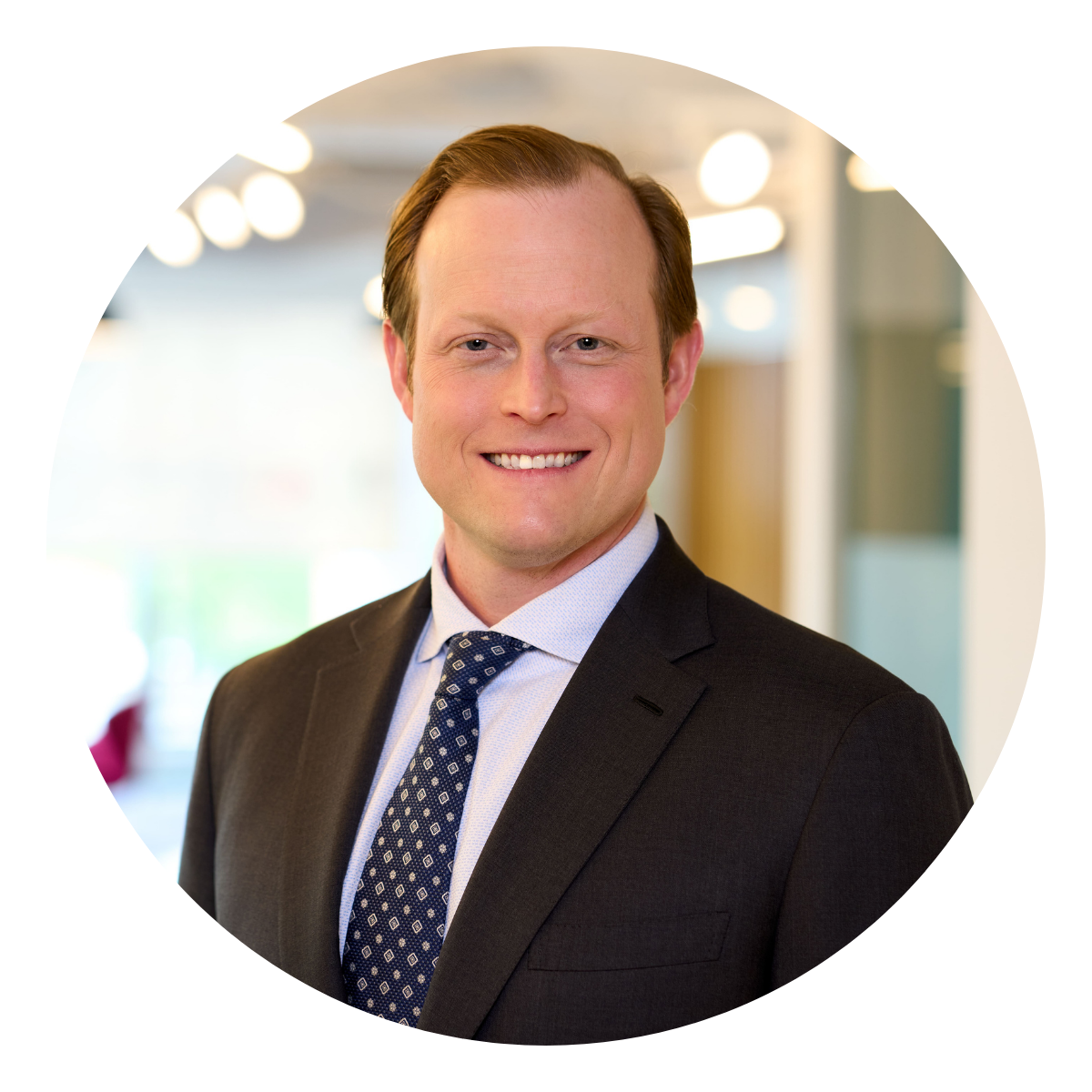
Albert Gore
- Executive Director, Zero Emissions Transportation Association
Albert is a veteran in the clean technology space, having spent seven years at Tesla, Inc., most recently as the Lead for Public Policy and Business Development in the Eastern and Midwestern United States. Prior to its acquisition by Tesla, he was also the Deputy Director of Policy and Electricity Markets at SolarCity. Gore also served as Vice President of Business Development at Strategic Capital Partners, LLC, a commercial real estate investment and development firm. Gore lives with his wife and three children in Bethesda, MD, and holds an MBA from Columbia Business School and a bachelors in Government from Harvard University.

Caitlin Grady
- Associate Professor of Engineering Management & Systems Engineering, George Washington University
Professor Caitlin Grady is the Director, Impact and Innovation, GW Alliance for a Sustainable Future, and studies the form and functions of interconnected infrastructure across water, food, and energy systems. Her research seeks to combine network models, socio-technical data, and ethical-epistemic analyses to create a more sustainable and secure environment. Current projects include modeling embedded nitrogen trade and its influence on water quality, climate change impacts on hydropower and the U.S. electricity grid, ethical implications of research choice in spatial science, and managing critical infrastructure under uncertainty. Her work is currently supported by the National Science Foundation and the U.S. Department of Agriculture.
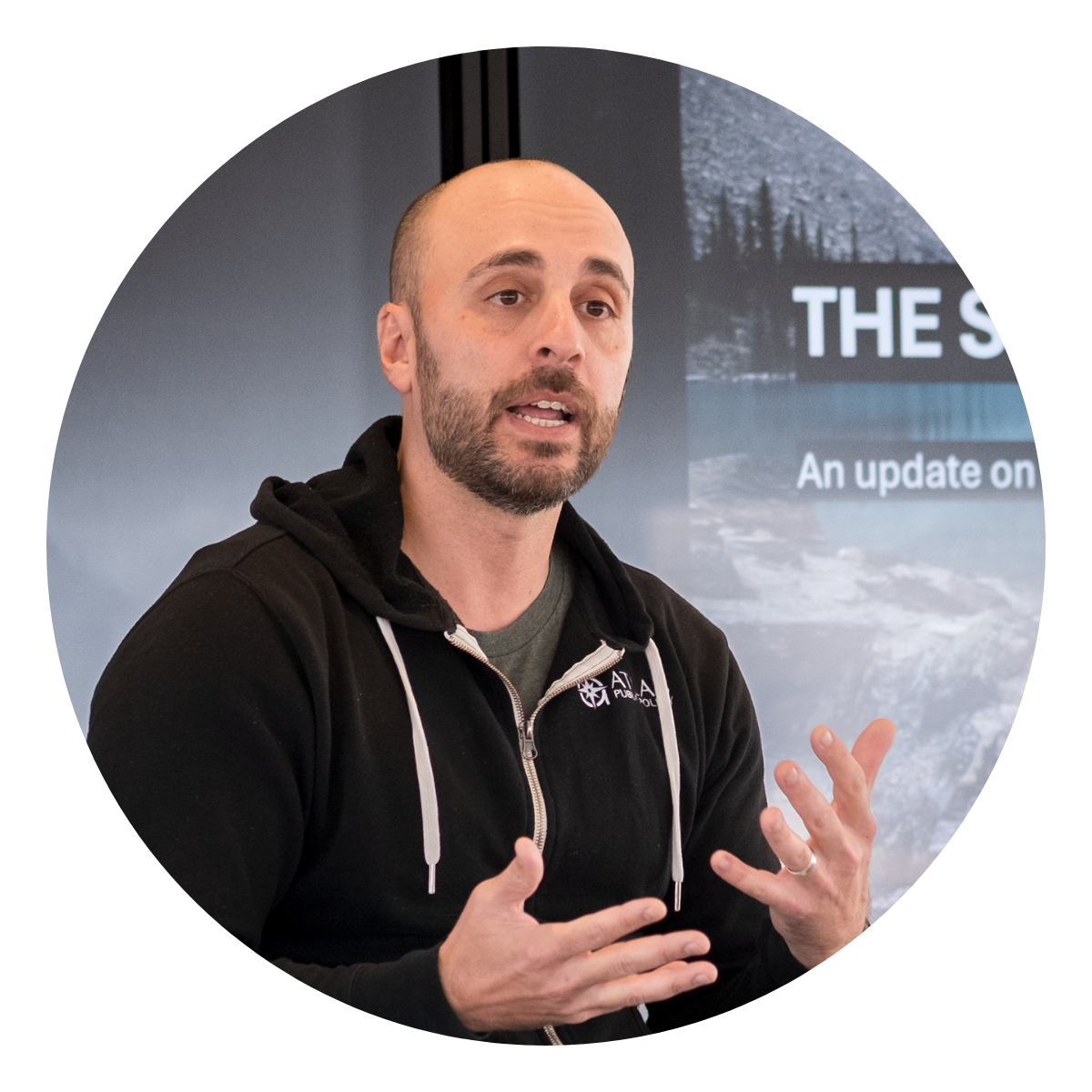
Nick Nigro
- Founder, Atlas Public Policy
Nick Nigro founded Atlas Public Policy to advance a data-driven approach to policymaking, enabling both governments and businesses to make strategic, impactful decisions that are pragmatic and serve the public interest. As a trusted source for government and business decisionmakers and the media, Nick is a recognized authority on successfully transitioning to the clean economy. Leveraging his innovation in merging public policy and high tech, Nick has built Atlas into a lean, pioneering company that tackles a wide range of current and future pressing issues.
Prior to Atlas, Nick led transportation decarbonization work for five years at the Center for Climate and Energy Solutions. Earlier in his career, Nick was an engineer and manager in the semiconductor industry, embracing startup culture as he helped lead his company to five hundred percent growth in six years.
Nick holds a Master of Public Policy from the University of California Berkeley’s Goldman School of Public Policy and a Bachelor of Science in Electrical and Computer Engineering from Worcester Polytechnic Institute.



